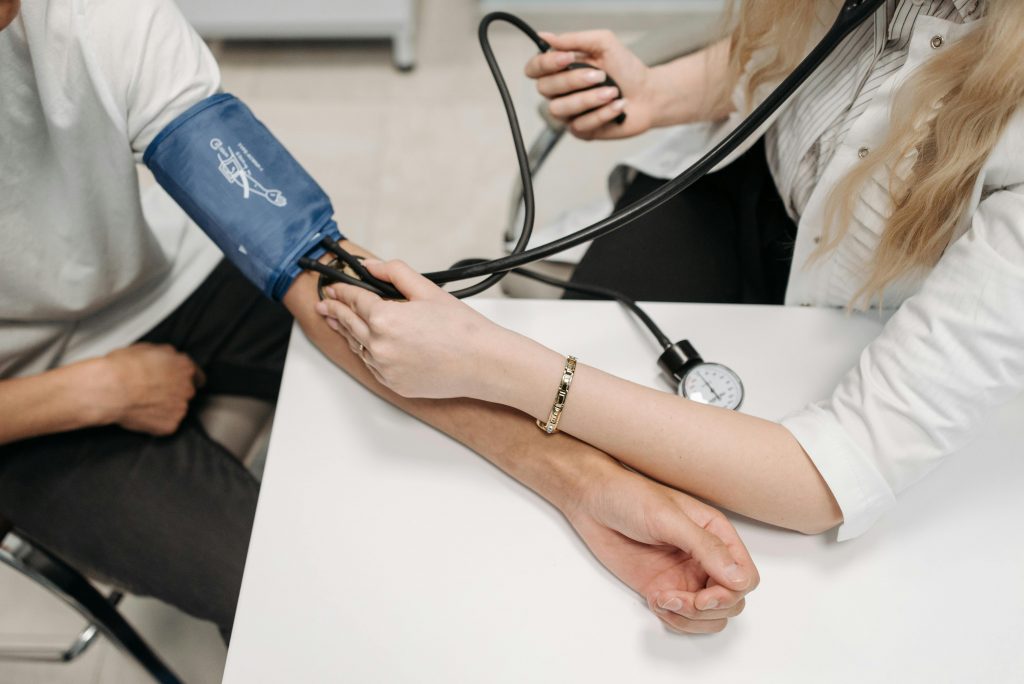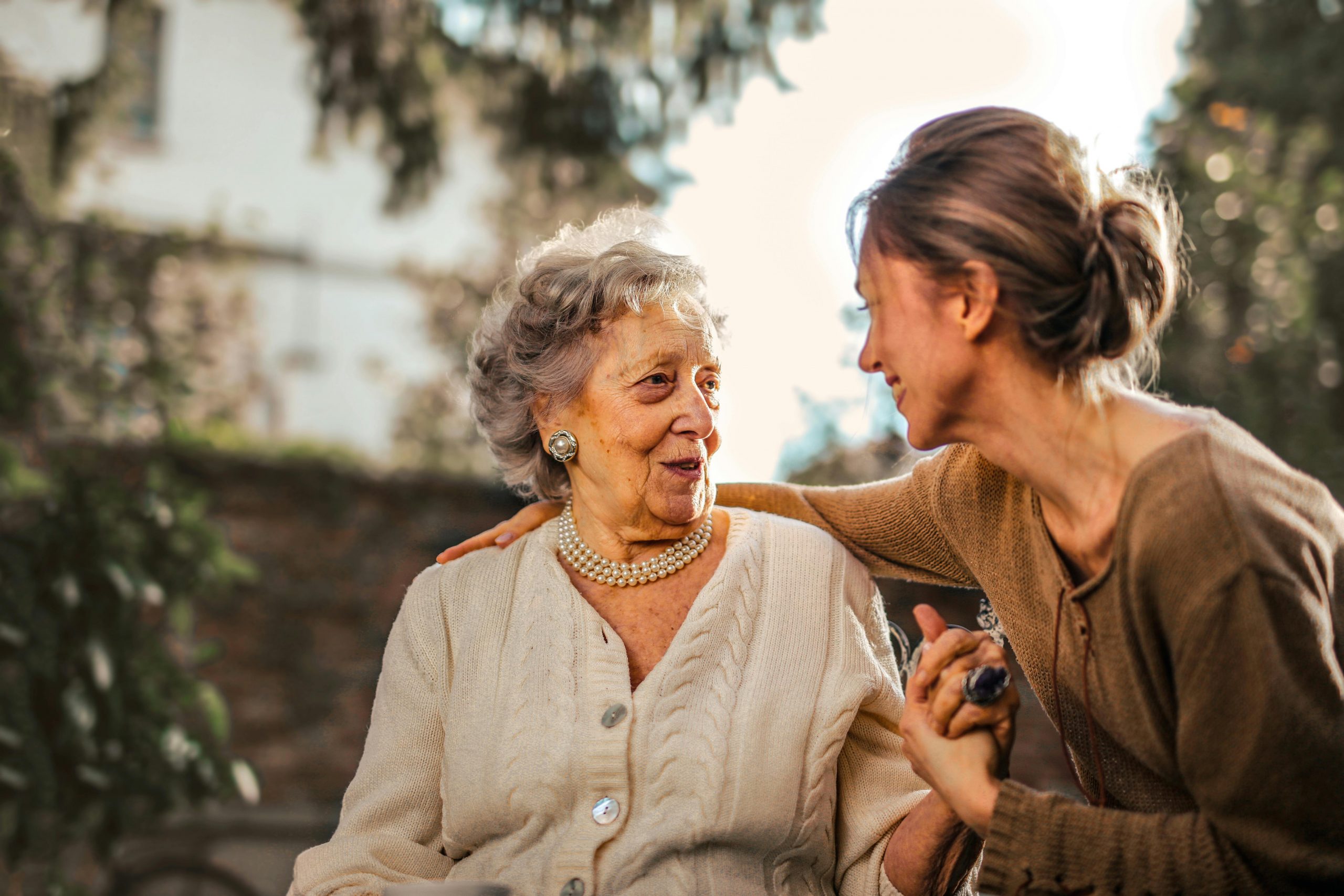
- Ensure the living environment of elderly loved ones is safe, integrating technology for enhanced security and communication.
- Promote independence by staying involved in healthcare management and keeping track of medications and appointments.
- Consider hiring an experienced home care provider for medication management, transportation, and companionship.
- Aim to empower elderly individuals to thrive with dignity and quality, employing a balance of support and autonomy.
As loved ones age, it’s essential to find ways to help them maintain their independence and quality of life. Many elderly individuals value their autonomy and want to continue living on their own terms for as long as possible. Fortunately, there are several strategies that can be implemented to support them in this goal. This blog will discuss tips for maintaining independence for elderly loved ones.
Encourage Physical Activity
One of the critical elements in maintaining independence as one ages is staying physically active. Encourage your elderly loved one to engage in regular exercise that is appropriate for their fitness level. This could include activities such as the following four:
Walking
Walking is a low-impact form of exercise that can be easily incorporated into daily routines. Encourage your loved one to go on walks around their neighborhood or local park.
Strength Training
Strength training helps maintain muscle mass and bone density, which are both essential for overall physical health. This could include lifting light weights or using resistance bands.
Yoga or Tai Chi
Yoga and Tai Chi are gentle forms of exercise that can improve balance, flexibility, and strength. Many community centers and senior centers offer classes specifically geared toward older adults.
Water Aerobics
Water aerobics is a low-impact activity that takes place in a pool, making it an ideal form of exercise for those with joint pain or limited mobility. It can also be a social activity, which can be beneficial for elderly individuals who may feel isolated.
Physical activity not only helps maintain physical health, but it can also improve mood and cognitive function. Encouraging your loved one to participate in regular exercise can help them maintain their independence for longer.
Foster Social Connections
Social isolation can have a significant impact on the mental and emotional well-being of elderly individuals. Help your loved one stay connected with friends and family members by encouraging regular visits, phone calls, or participation in community activities. Social interactions can provide a sense of companionship and support, reducing feelings of loneliness and depression.
Support Healthy Eating Habits

A nutritious diet is essential for maintaining good health and independence in older adults. Help your loved one make healthy food choices by providing balanced meals and snacks that are rich in vitamins, minerals, and nutrients. Consider involving them in meal planning and preparation to empower them to take an active role in their own nutrition.
Additionally, ensure they stay hydrated by encouraging them to drink plenty of water throughout the day. Dehydration can significantly impact physical and cognitive function in older adults. You can also consider incorporating water-based fruits and vegetables, such as cucumbers and watermelon, into their diet to help keep them hydrated.
Ensure a Safe Living Environment
Safety should always be a top priority when supporting elderly loved ones in maintaining their independence. Take the time to assess their living space for potential hazards such as slippery floors, loose rugs, or inadequate lighting. Make necessary modifications or additions, such as grab bars in the bathroom or handrails on stairs, to prevent falls and accidents.
Additionally, consider installing a home monitoring system or enlisting the help of a caregiver to check in on your loved one regularly. This can provide both you and your loved one with peace of mind, knowing that someone is available to assist in an emergency.
Stay Involved in Healthcare Management

As one ages, healthcare needs become more complex and require careful management. Work closely with your loved one’s healthcare providers to ensure they receive appropriate medical care and treatment. Keep track of medications, appointments, and any changes in health status to help them navigate the healthcare system effectively.
You should also consider employing the help of an experienced home care provider. They can assist with tasks such as medication management, transportation to appointments, and providing companionship and support. This will allow your loved one to maintain their independence while also ensuring their health needs are met.
Empowering elderly loved ones to maintain their independence while ensuring their safety and health requires a thoughtful balance of support, technology, and respect for their autonomy. Each step plays a crucial role, from making their living environment safer and integrating technology for better communication and monitoring to staying actively involved in their healthcare decisions.
Remember, the goal is to help them live independently and thrive with dignity and quality in their later years. Encouraging a robust support system and employing practical strategies can significantly contribute to their well-being and happiness.
